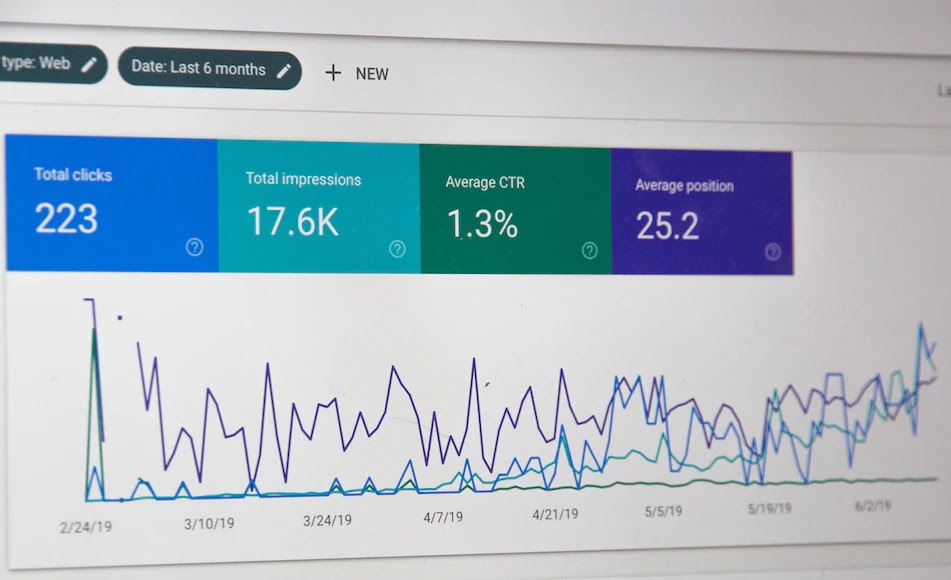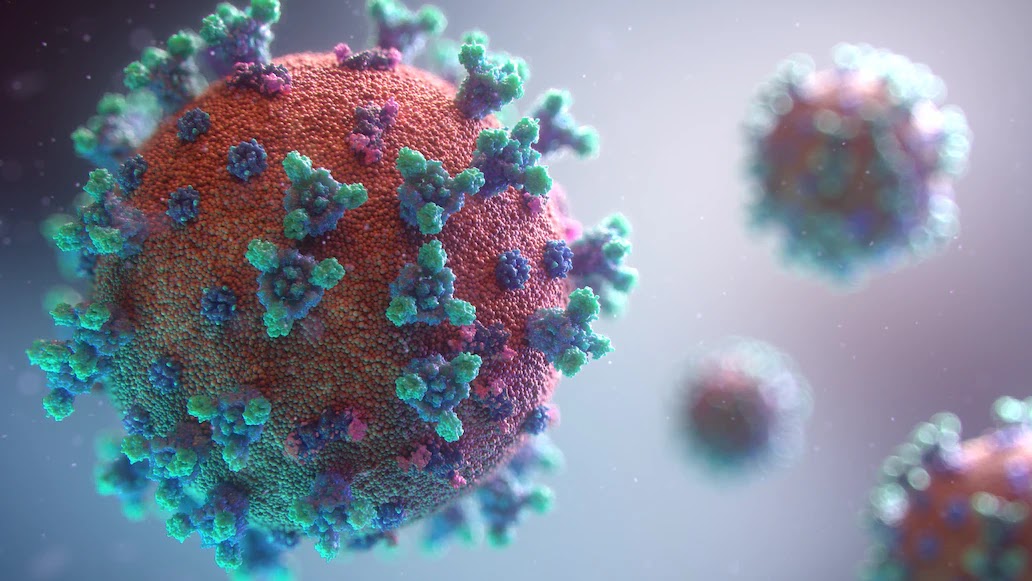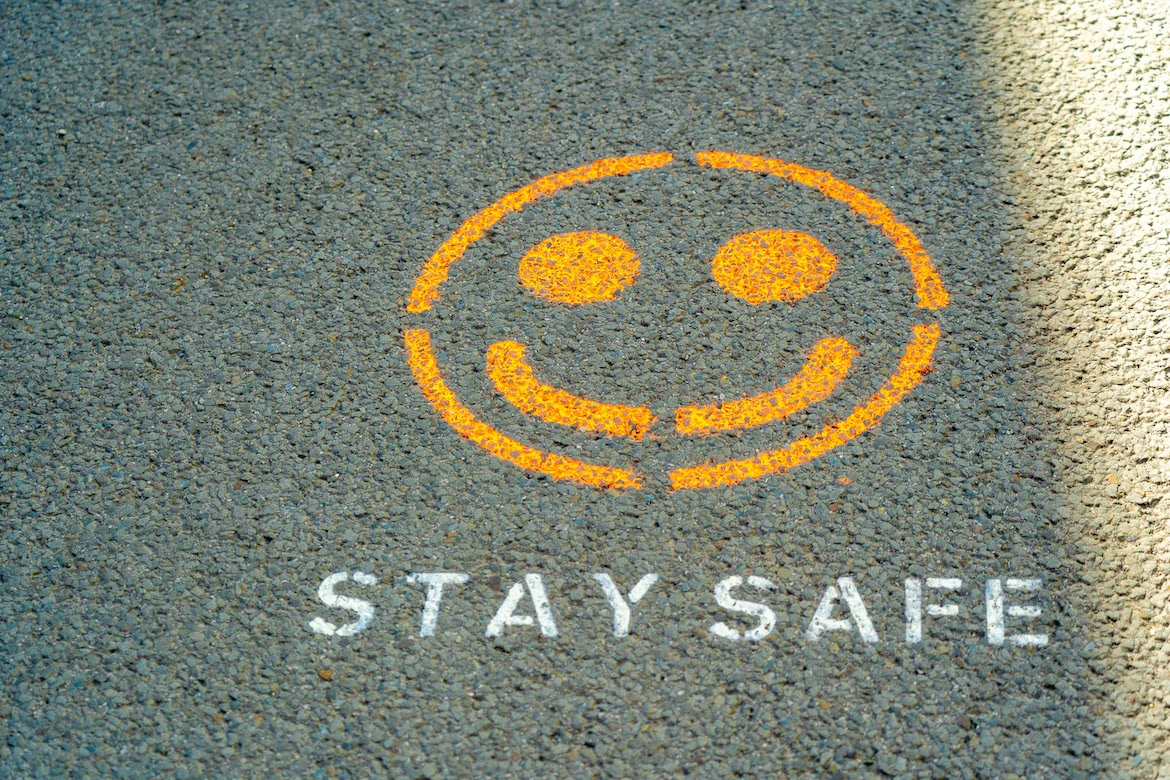 |
| What are the individual's strategies to cope with the rising cost of living? |
The cost of living has been on the rise in recent years, and this has been a major concern for many people. There are a number of things that individuals can do to cope with the rising cost of living.
One of the most important things is to create a budget. This will help you track your spending and identify areas where you can cut back. There are a number of different budgeting methods that you can use, so find one that works for you.
Another important thing is to increase your income. This could involve getting a raise, finding a second job, or starting a side hustle. If you can increase your income, it will give you more money to cover your expenses.
You can also cut back on your expenses. There are a number of different ways to do this. You could eat out less, cancel unnecessary subscriptions, or shop around for better deals. You could also consider moving to a smaller home or apartment, or getting a roommate.
You can also get help from government programs. There are a number of government programs that can help you with the rising cost of living. These programs can provide financial assistance, food stamps, and other benefits.
You can also get involved in your community. Getting involved in your community can help you connect with resources that can help you cope with the rising cost of living. You can also join a support group or volunteer for an organization that is working to address the issue of the rising cost of living.
The rising cost of living is a challenge, but it is not insurmountable. By taking steps to protect yourself and your family, you can weather the storm and come out stronger on the other side.
Here are some additional strategies that individuals can use to cope with the rising cost of living:
- Shop around for the best deals: When you're shopping for goods and services, be sure to shop around and compare prices. You can often find better deals by shopping online or at discount stores.
- Use coupons and discounts: There are a number of different ways to get coupons and discounts. You can find them in newspapers, magazines, and online. You can also sign up for email alerts from your favorite stores so that you're always the first to know about sales and promotions.
- Buy in bulk: If you buy in bulk, you can often save money on your grocery bill. Be sure to store your food properly so that it doesn't go to waste.
- Grow your own food: If you have the space, consider growing your own food. This can be a great way to save money on your grocery bill and get fresh, healthy food.
- Learn to cook: Cooking at home can be a great way to save money on food. There are a number of different resources available to help you learn how to cook, including cookbooks, cooking shows, and online recipes.
- Repair things instead of replacing them: When something breaks, try to repair it instead of replacing it. This can save you money in the long run.
- Get creative with your entertainment: There are a number of different ways to entertain yourself without spending money. You can read books, go for walks, play games, or spend time with friends and family.
- Downsize your belongings: If you have a lot of stuff, consider downsizing. This can free up space in your home and save you money on storage costs.
- Get rid of debt: If you have debt, make a plan to pay it off as quickly as possible. This will free up more money in your budget each month.
- Invest in your future: If you can afford it, consider investing in your future. This could include investing in your education, your retirement, or your home.
By following these strategies, you can help to cope with the rising cost of living and improve your financial situation.














